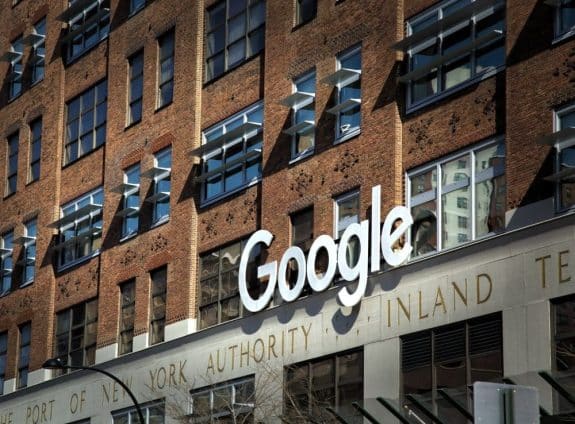Home » Microsoft News • US business news » Microsoft boss testifies at Google antitrust trial
Microsoft boss testifies at Google antitrust trial
https://www.whatjobs.com/news/usa/us-business-news/microsoft-boss-testifies-at-google-antitrust-trial

By Nithya Bose in Microsoft News, posted October 4, 2023

Microsoft CEO Satya Nadella has testified in the landmark antitrust trial against Google, speaking on the search giant's overwhelming dominance in online search.
This makes it a formidable competitor even for a tech giant like Microsoft.
Nadella's testimony shed light on Google's extensive reach in online search and the potential implications for competition.
Read More: Google Vs. US Government Antitrust Trial Opens
During his more than three-and-a-half-hour testimony in a federal court in Washington, Nadella was both forthright and at times confrontational.
He detailed Microsoft's struggles to compete with Google on the internet.
He pointed out Google's ability to secure multibillion-dollar deals to become the default search engine on smartphones and web browsers posed challenges to competitors like Microsoft.
Nadella described the internet as the "Google web," underscoring Google's pervasive presence in online search.
He said Google could leverage its dominance and scale to create tools to dominate in artificial intelligence.
Read More: Google Agrees To $93 Million Settlement Over Deceptive Location Tracking
Latest chapter in the rivalry
This high-profile testimony marked a major moment in the ongoing rivalry between Microsoft and Google - two of the world's most influential tech companies.
Over the past two decades, these giants have clashed in various domains, including online search, mobile computing, web browsing, and cloud computing.
The ongoing legal battle is another chapter in their fierce competition, extending to artificial intelligence.
Nadella voiced his concerns about falling into a "vicious cycle" with Google as they vie for dominance in AI.
He also highlighted the stakes involved in this evolving technological landscape.
Read More: Google Nears Settlement With 36 States Over App Store Monopoly
Regulators worldwide have been intensifying their efforts to curb the influence and reach of tech giants like Google, Apple, Amazon, and Meta (formerly Facebook).
There are mounting concerns about their monopolistic practices.
Recent actions include the Federal Trade Commission's antitrust lawsuit against Amazon.
Similarly, the Justice Department sued Google over its control of online advertising.
At the core of the government's case against Google is the argument that the company unlawfully solidified its monopoly in online search.
It secured default search engine positions on browsers and smartphones, such as Apple's Safari and Mozilla's Firefox.
However, Google countered by claiming these default positions aren’t overly powerful and that users can switch to other search engines.
Nadella challenged Google's assertion, referring to it as "bogus."
He said users typically don't change their default search engine, even if they have the option to do so.
He emphasized the strong influence of the default positions and described the arrangement between Google and Apple as "oligopolistic."
Read More: Google Tests AI Tool That Can Write News Stories
Nadella also revealed Microsoft had attempted to secure deals for default positions on browsers and smartphones for its search engine, Bing, but had limited success.
This marked a shift in their public rivalry, with aggressive campaigns and lobbying efforts against each other in the past.
Microsoft has invested significantly in OpenAI, the developer of the ChatGPT chatbot.
It can now use Bing as a default search engine.
Google could dominate AI
Google, too, has entered the AI space with its AI-powered chatbot, Bard.
Need Career Advice? Get employment skills advice at all levels of your career
Nadella expressed concerns that Google could strike exclusive content deals to train its AI tools.
It'd potentially give the firm an edge in the next generation of online search.
This prospect raises questions about the competitive landscape and the challenges that companies like Microsoft face in maintaining their position in search.
The trial, known as U.S. et al v. Google, tests the government's ability to regulate and curb the influence of Silicon Valley's most powerful companies.
Follow us on YouTube, Twitter, LinkedIn, and Facebook.














